Inflation Persists As Fed Signals Rate Cuts
The U.S. Bureau of Labor Statistics (BLS) recently released two inflation reports highlighting inflation figures for December 2023. Here’s what they showed:
The first report discusses changes in the Consumer Price Index (CPI), which measures the change in prices of common consumer goods, such as food, shelter, and gasoline.
The BLS reported mostly price increases across the main categories it reports for the CPI. The cost of shelter increased the most from November out of these categories with a 0.5% increase. Transportation services and shelter rose the most over the last calendar year, rising 9.7% and 6.2%, respectively.
The largest decrease in the CPI was associated with fuel oil at – 5.5%, although the index for all gasoline still rose slightly by 0.2%.
The second report covers changes in the Producer Price Index (PPI), which measures changes in the selling prices US producers receive for products they produce.
The PPI fell 0.4% for final demand goods (goods that businesses sell for final use, such as computers or construction equipment), and volatile food and energy prices seem to have driven this decrease. This is not surprising, considering the notable fall in gas prices over the last few weeks.
The PPI for final demand services (such as warehousing and publishing) neither rose nor fell since November, a possible signal that inflation is fading slower than anticipated.
These reports come a month after the Federal Reserve signaled it may cut interest rates multiple times in 2024 after holding the current federal funds rate between 5.25 and 5.5%.
The market is currently hopeful that the Fed will start rate cuts in March of this year. The CME FedWatch Tool estimates a 76.9% chance of this happening, with only about a 19% chance of today’s federal funds rate persisting until May.
Both inflation reports, combined with recent data on ballooning consumer credit and high interest rates on credit cards, signal that the Federal Reserve’s efforts to rein in inflation may not be as successful as some hope.
Peter Schiff recently voiced this opinion on his January 11 podcast:
The only way that the Fed is going to fight inflation successfully [is to] cut back on spending and increase savings. Credit needs to be contracting. People have to stop buying stuff on their credit cards and save their money. … Interest rates have not moved up nearly enough to discourage borrowing. It’s going on anyway!”
While many consider the moderate inflation reported last week as confirmation of a so-called “soft landing,” there are several indicators that cast doubt on the US economy’s health and the future of the dollar.
In addition to skyrocketing consumer debt, the federal government deficit as at its highest point ever. This coming March will also mark the end of the Fed’s emergency bank-loan program that was started last year to bail out a spiraling banking sector. Nearly $141 billion in loans are still outstanding, and banks will either have to pay up by April or extend their debt even further into the future.
Even more concerning is the United States’ $34 trillion national debt and the growing cost of maintaining it. With interest rates at the 22 year high, the Fed is stuck between two disastrous choices: keep interest rates high and increase the debt burden on consumers and the government, or cut interest rates and risk another episode of high inflation.



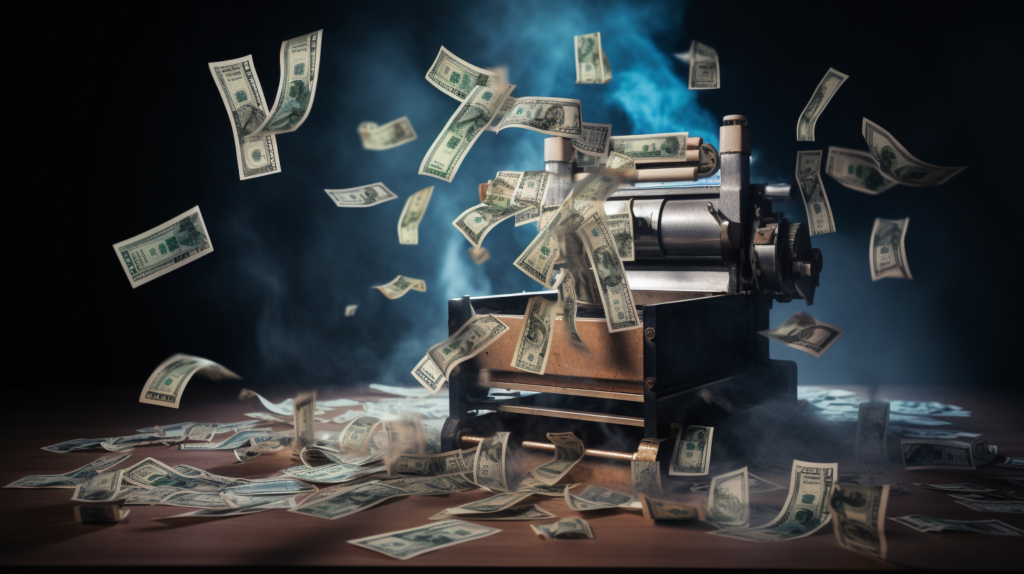

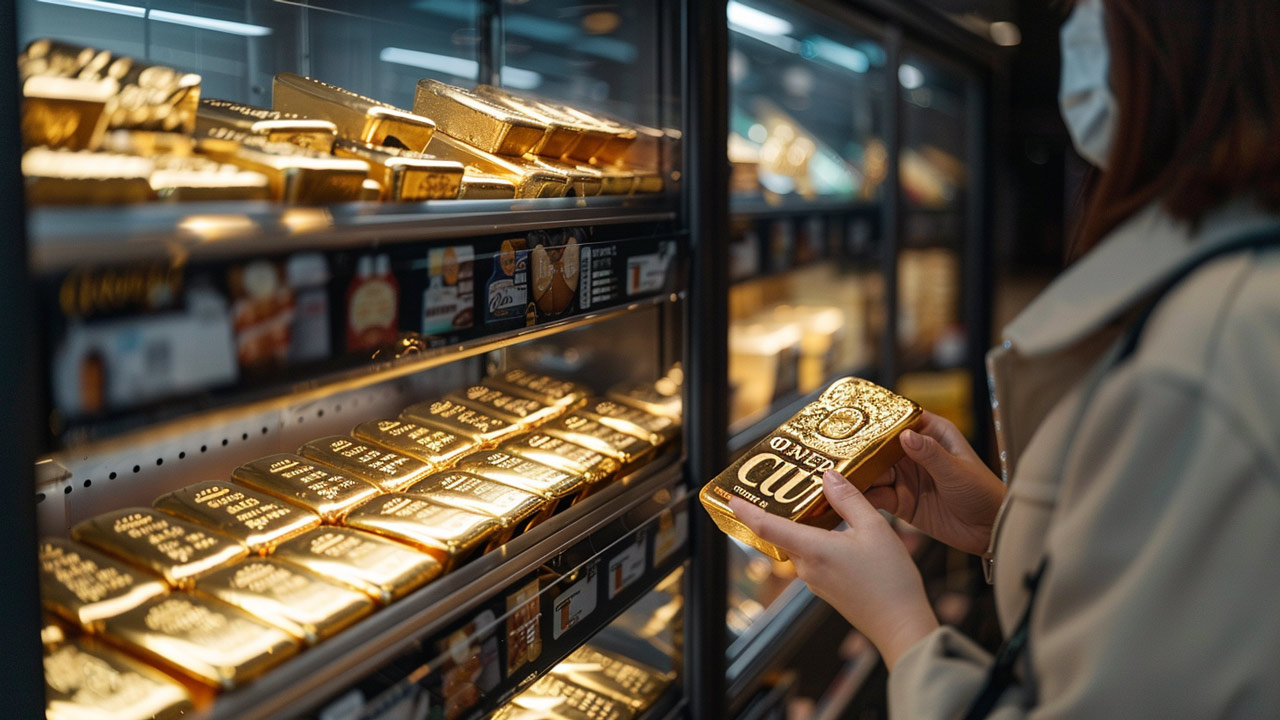 While gold bullion is most often sold in bar or 1oz coin form, the Korean retail market is benefitting from gold’s latest success with a very atypical marketing strategy. It has been traditionally thought that investors prefer larger increments of bullion because they simplify calculations and have a lower transaction cost than buying the same amount of gold in smaller increments. Demand for traditional bars and coins in South […]
While gold bullion is most often sold in bar or 1oz coin form, the Korean retail market is benefitting from gold’s latest success with a very atypical marketing strategy. It has been traditionally thought that investors prefer larger increments of bullion because they simplify calculations and have a lower transaction cost than buying the same amount of gold in smaller increments. Demand for traditional bars and coins in South […]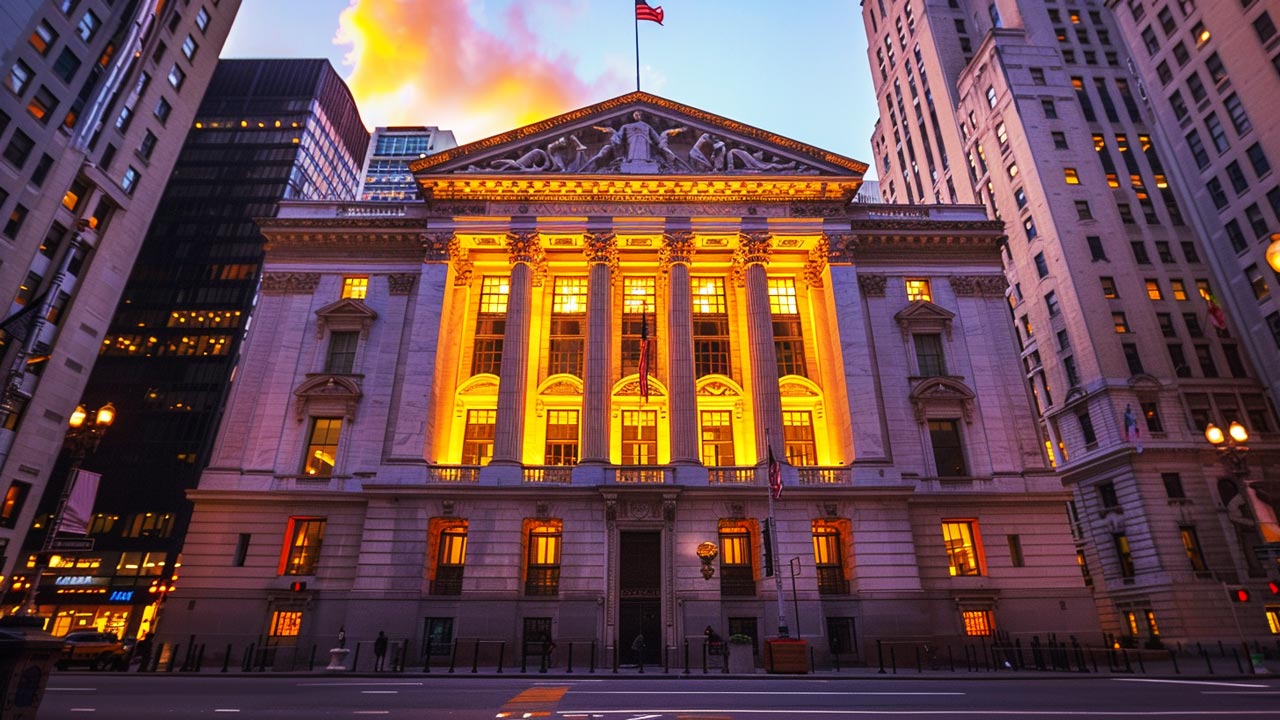 With the eventual introduction of central bank digital currency (CBDCs) now seemingly inevitable, there are a lot of directions central banks could take with their digital currency projects that would have dramatic implications for the price of gold.
With the eventual introduction of central bank digital currency (CBDCs) now seemingly inevitable, there are a lot of directions central banks could take with their digital currency projects that would have dramatic implications for the price of gold.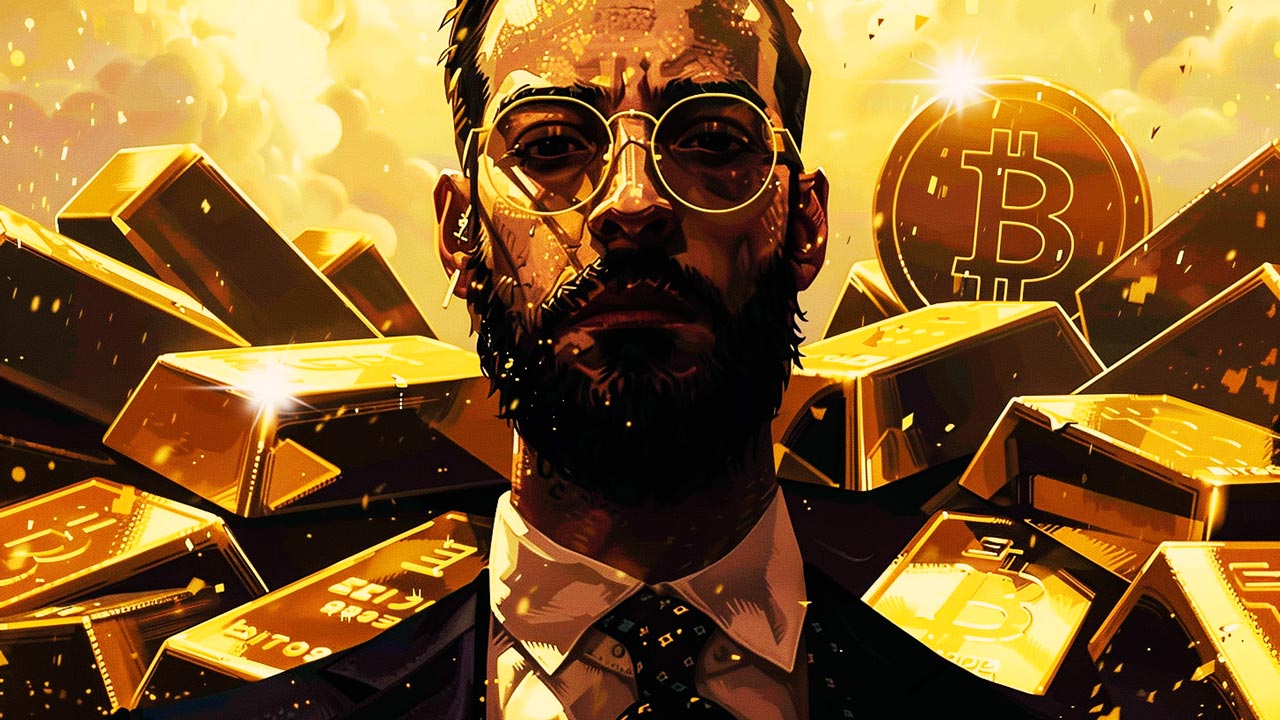 Since Nayib Bukele became president of El Salvador, El Salvador has been in American media and global political discussion more than ever. While much of the attention focuses on Bukele’s mass incarceration of gang members and a decline in homicide of over 70%, Bukele has also drawn attention to his favoritism towards Bitcoin and how he […]
Since Nayib Bukele became president of El Salvador, El Salvador has been in American media and global political discussion more than ever. While much of the attention focuses on Bukele’s mass incarceration of gang members and a decline in homicide of over 70%, Bukele has also drawn attention to his favoritism towards Bitcoin and how he […]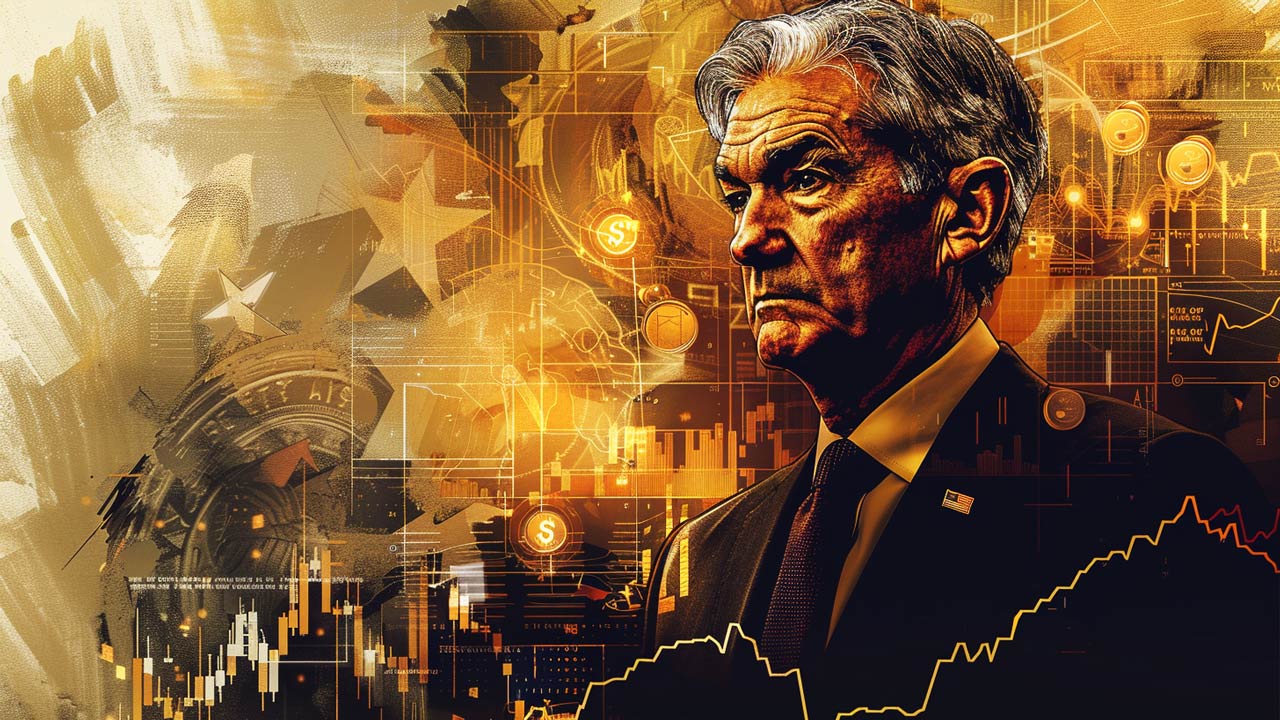 With gold hitting yet another awe-inspiring all-time high in the wake of Powell’s remarks reassuring markets (more or less) to expect rate cuts in 2024, a few analysts are pointing out risk factors for a correction — so is there really still room to run?
With gold hitting yet another awe-inspiring all-time high in the wake of Powell’s remarks reassuring markets (more or less) to expect rate cuts in 2024, a few analysts are pointing out risk factors for a correction — so is there really still room to run?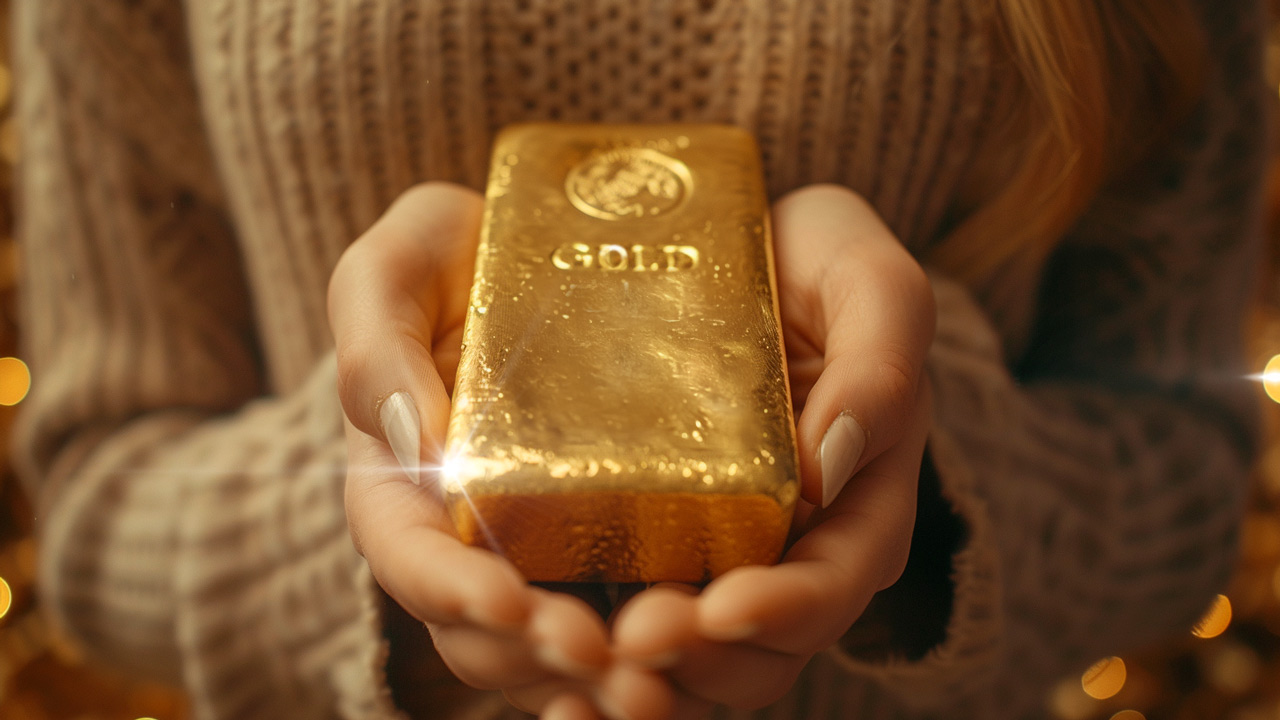 Gold hit a new all-time nominal high, surpassing the previous record set in December of the previous year. The precious metal’s price reached approximately $2,140, indicating a robust and continuing interest in gold as a safe-haven asset, despite a rather peculiar lack of fanfare from the media and retail investors. This latest peak in gold […]
Gold hit a new all-time nominal high, surpassing the previous record set in December of the previous year. The precious metal’s price reached approximately $2,140, indicating a robust and continuing interest in gold as a safe-haven asset, despite a rather peculiar lack of fanfare from the media and retail investors. This latest peak in gold […]